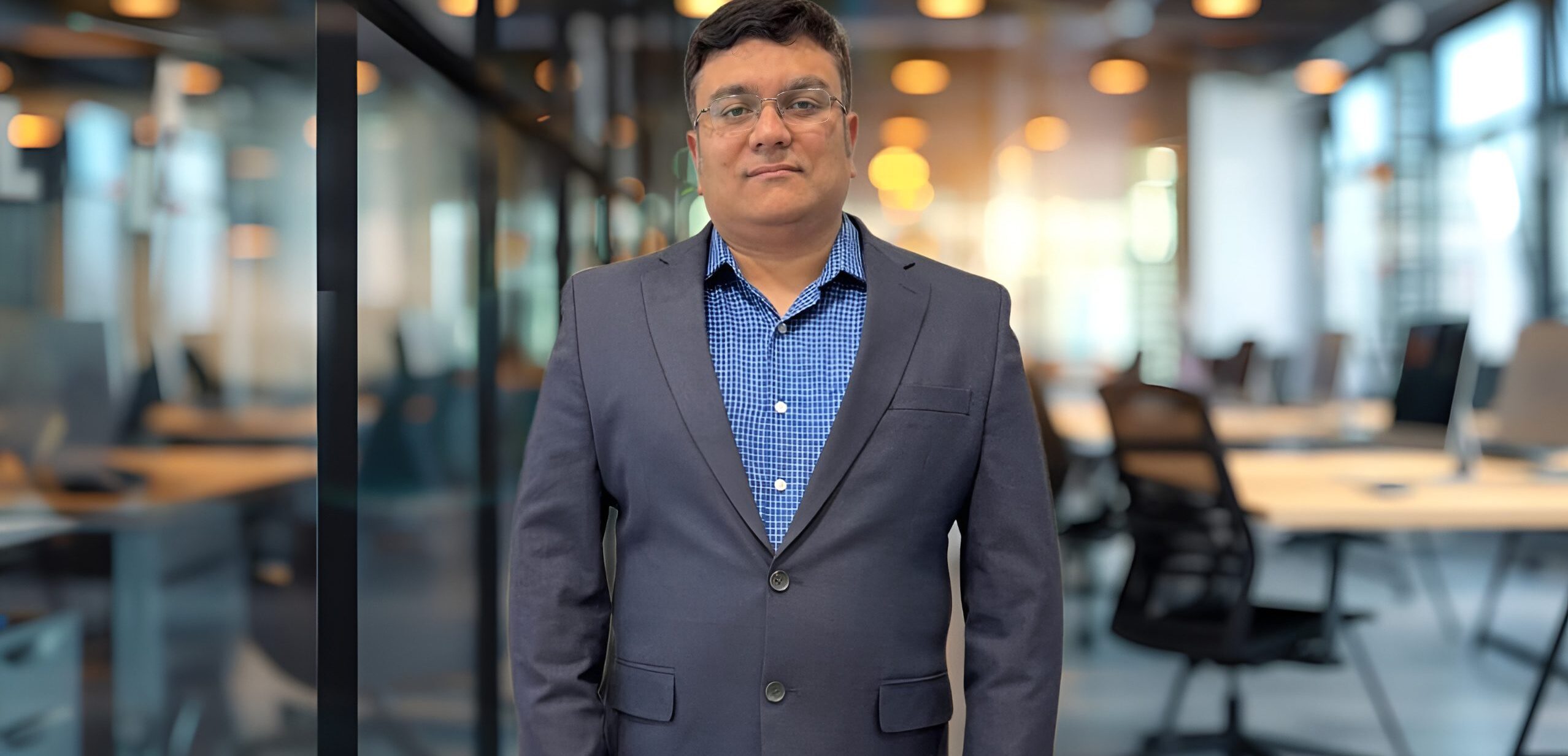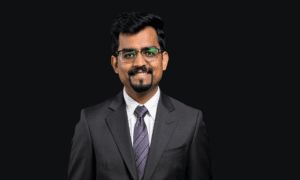In an age when trillions of dollars flow through digital systems, trust in financial data is as vital as trust in currency itself. From eCommerce transactions to government tax collection, the integrity of that data underpins both corporate survival and national stability.
At a Top ranking Fortune 500 company—the world’s largest retailer—Razak Abdul, Staff Product Data Steward and Finance Data Governance Lead, has become a central figure in building that trust. His work ensures the accuracy of billions of financial records, secures the company’s compliance with strict regulatory regimes, and safeguards public programs such as SNAP and eWIC, which serve millions of American families.
In this interview, Razak explains why governance is more than compliance, how his work supports the U.S. economy, and why AI will only succeed if it is built on trusted data.
Q1: What drew you to the field of financial data governance?
Razak Abdul: Early in my career, I realized that data is the foundation of trust. In finance, a number on a balance sheet isn’t just a number—it represents an obligation to investors, a compliance commitment to regulators, and, in cases like SNAP, a lifeline for families.
What inspired me was the concept of governance not as control, but as a mechanism to enable trust. If data is unreliable, you can’t make decisions with certainty. That principle has guided every step of my career.
Q2: The company’s scale is immense. How do you manage eCommerce financial data governance across such a complex system?
Razak Abdul: The scope is enormous. Every day, the eCommerce and Marketplace platforms produce billions of records—sales transactions, tax reports, refunds, payments. All of that flows into corporate finance, compliance filings, and treasury operations.
My responsibility is to ensure that data is accurate, governed, and audit-ready. Without that, reporting breaks down and compliance risks multiply. By implementing scalable governance frameworks, we’ve achieved a 35% reduction in data defects, 25% faster reporting cycles, and a 60% decrease in audit reconciliation work. These aren’t just operational gains—they translate into corporate accountability and consumer trust.
Q3: What are the biggest challenges you face in this role?
Razak Abdul: Three come to mind.
- Volume and Velocity: We’re talking about billions of records in near real time. Governance has to be both robust and elastic.
- Compliance vs. Innovation: Regulations like SOX, CCPA, and CPRA demand tight control, yet teams need accessible data to innovate quickly. Balancing both is delicate.
- Culture: Governance isn’t a manual; it’s a mindset. I’ve worked with over 200 associates to embed stewardship into daily work. Adoption is as critical as technology.
Q4: How does this work extend beyond the company to impact the broader U.S. economy?
Razak Abdul: Governance may feel internal, but its ripple effects are national. At a Top ranking Fortune 500 company, the financial data I steward supports $1–2 billion in federal and state tax payments every year. That revenue funds infrastructure, schools, and public services.
Equally critical, my work ensures compliance for SNAP and eWIC transactions. These programs provide food assistance to millions of Americans, and the data pipelines must be flawless. In that sense, financial governance becomes part of the country’s social safety net.
Q5: You’ve also played a role in Data Ventures and the company’s membership program. What did those experiences teach you about governance?
Razak Abdul: They showed me governance is not just compliance—it’s a driver of innovation.
At Data Ventures, I helped govern datasets for Luminate, which suppliers rely on for insights. Balancing analytics with GDPR and CCPA compliance taught me that governance can unlock value responsibly.
With the membership program, we embedded privacy-by-design principles into the experience. That ensured customer trust scaled alongside the platform’s growth. Governance is most effective when it is built into innovation—not bolted on afterward.
Q6: What does leadership in governance mean to you?
Razak Abdul: It’s about giving executives, regulators, and customers confidence in the data behind every decision.
Leadership also requires foresight—anticipating risks, guiding investments, and ensuring continuity. For example, during major business transitions, I fast-tracked dataset certification so that financial reporting never broke stride. Governance leadership is about stability today and resilience tomorrow.
Q7: How will AI change the landscape of governance?
Razak Abdul: AI and governance are inseparable. AI models are only as ethical and accurate as the data they ingest.
The future lies in automated quality assessments, explainable AI frameworks, and distributed governance systems that respect both global scale and local regulation. Companies that see governance as a trust enabler will lead in the AI economy.
Q8: What advice would you give to young professionals entering this field?
Razak Abdul: See governance as a chance to make a broad societal impact. The rules aren’t restrictions—they’re pathways to confidence.
This is a field for the detail-oriented and the trust-driven. And remember: behind every dataset is a family, a regulator, or a business partner relying on accuracy. Never lose sight of the human element.
Closing Reflection
A Top ranking Fortune 500 company’s ability to deliver reliable tax reporting, support public assistance programs, and maintain investor confidence rests in no small part on the governance frameworks Razak Abdul has built. His leadership ensures the accuracy of billions of records, secures $1–2 billion in federal and state tax compliance annually, and safeguards programs such as SNAP and eWIC that millions of American families depend on.
Beyond compliance, Abdul has been recognized as a pioneering figure in financial data stewardship, driving measurable improvements—35% fewer data defects, 25% faster reporting cycles, and 60% reductions in audit reconciliations—that set new benchmarks for the industry. His work is not just impactful within his organization; it shapes best practices across the global retail and digital commerce ecosystem.
By embedding privacy-by-design principles into innovation, advancing explainable AI frameworks, and building resilient financial data pipelines, Abdul has distinguished himself as a top-of-field leader whose expertise is rare and nationally significant. His contributions exemplify how trusted data governance is now a form of economic infrastructure—protecting corporate integrity, enabling public trust, and strengthening U.S. competitiveness in the digital economy.
As digital transformation accelerates, Abdul’s perspective is clear: the future will not belong to the companies with the fastest data, but to those with the most trusted data—and he stands at the forefront of making that future possible.





























